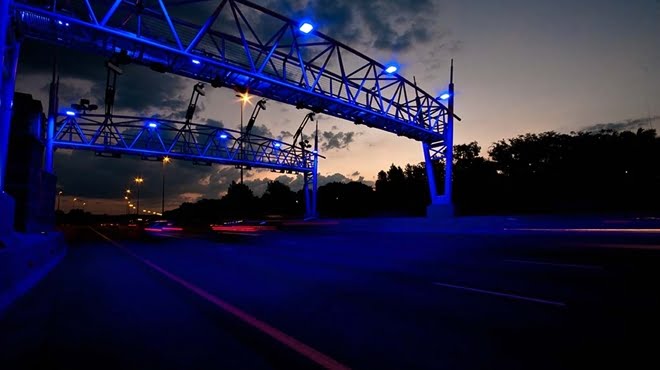The South African National Roads Agency (Sanral) has come under fire for its irregular and wasteful spending, and failure to conduct proper internal auditing.
Sanral’s finances were discussed by Parliament’s Standing Committee on Public Accounts (Scopa) this week, with the committee raising concerns over the high irregular, fruitless and wasteful expenditure at the agency, and the possibility of financial laws being flouted.
“The Standing Committee on Public Accounts is concerned that Sanral deliberately ignores National Treasury regulations and the Public Finance Management Act (PFMA) – something which has resulted in their finances being in a bad state,” it said in a statement on Wednesday (7 March).
“The committee has noticed that Sanral has very high irregular, fruitless and wasteful expenditure as a result of not following supply chain management processes.
“For the financial year 2016/2017 Sanral’s irregular expenditure accumulated to R10 billion, and fruitless expenditure is R15 million. These are huge amounts – taxpayers’ money should not be wasted in such a manner.”
In a statement released on Friday (9 March), civil action group Outa said that South Africa could not afford this expenditure.
“Last year it emerged that Sanral had outsourced its internal audit function to an external audit company. Scopa found this unacceptable and we trust that Sanral has rectified this situation and developed this competence,” said Rudie Heyneke, Outa’s portfolio manager for Transport.
“Sanral’s 63% decrease in irregular expenditure may appear to be significant, but R424 million is still unacceptably high. Over the last five years Sanral cost the taxpayer R10 billion rand in irregular expenditure,” he said.
Outa said that with the decrease in e-toll fees collected by Sanral, it expects the prescription of unpaid e-tolls will increase Sanral’s impairments by another R2 billion this year, following the R3.6 billion impairment reflected in its 2017 financial statements.
“This will place Sanral at risk of further downgrades and more bailouts from National Treasury,” it said.
